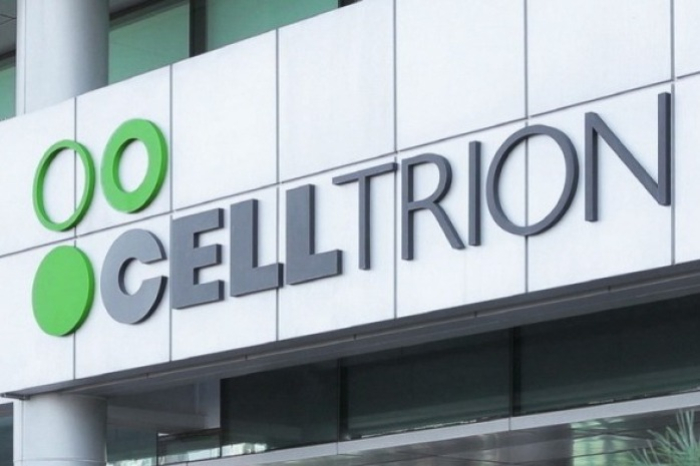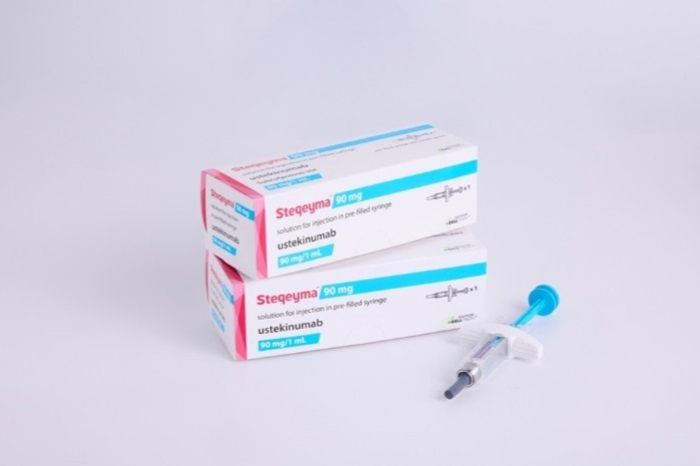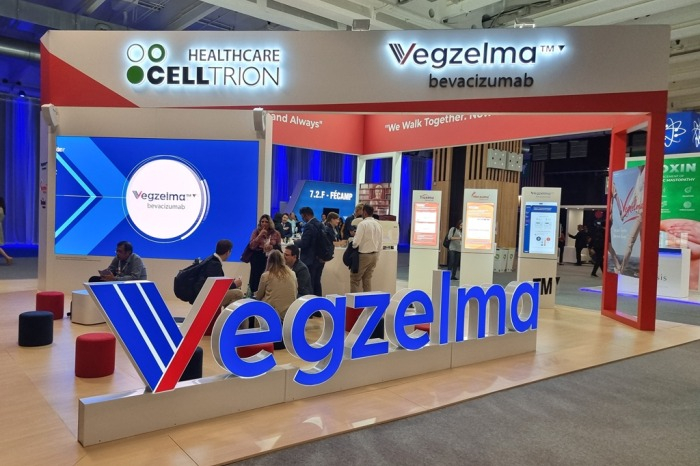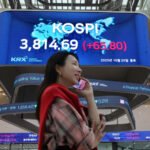
South Korea’s biosimilar giant Celltrion Inc. reported record third-quarter earnings on Wednesday, propelled by strong sales of high-margin biosimilar drugs and improved cost efficiency, reinforcing the company’s trajectory toward its highest annual revenue ever.
The biosimilar drugmaker reported a preliminary operating profit of 301 billion won ($210.4 million) on a consolidated basis for the July-September period, up 44.9% on-year and surpassing the 300 billion won mark for the first time.
Revenue rose to 1.03 trillion won, a record for the quarter and a 16% increase from the same period last year.
The operating margin widened to 29.3%, up from 23.6% a year earlier, highlighting improved profitability.
BIOSIMILAR SALES AND PRODUCT MIX LIFT MARGINS
The company attributed the earnings surge to growing sales of newer, high-margin biosimilars, including Remsima SC (marketed as Zymfentra in the US), Yuflyma, Steqeyma and Vegzelma, which together accounted for 54% of third-quarter revenue.

Newly launched products in the US and Europe, including the osteoporosis treatment Stoboclo-Osenvelt and the urticaria therapy Omlyclo, generated combined sales of over 50 billion won in the third quarter.
Cost efficiencies also contributed to the stronger results. Following the late-2023 merger with Celltrion Healthcare Co., which had temporarily elevated the cost-of-sales ratio above 60%, the metric fell to 39% in the last quarter, aided by improved production yields and utilization at its third plant.
EXPANSION AND STRATEGIC MOVES SUPPORT LONG-TERM GROWTH
Celltrion’s strong third-quarter performance follows a record second quarter, when sales reached 961.5 billion won and operating profit surged to 242.5 billion won.
Analysts expect the company to exceed its 2025 sales target of 4.6 trillion won and maintain strong momentum next year, fueled by robust demand for high-margin biosimilars and upcoming launches of Eydenzelt and Stoboclo-Osenvelt in the US and Europe.

Earlier this month, Celltrion received the green light from the US Food and Drug Administration for its eye drug Eydenzelt, a biosimilar referencing Eylea, which is developed by Regeneron Pharmaceuticals and co-marketed by Bayer.
The company is also expanding its manufacturing footprint in the US, having agreed to acquire Eli Lilly’s Branchburg, New Jersey plant for 460 billion won, securing its first American production base that will help mitigate risks from hefty US tariffs on imported medicines.
A Celltrion spokesperson said the deal enables a “fully localized supply chain, from production through marketing,” further strengthening the company’s global positioning.
With 34 biosimilars planned by 2030 and multiple investigational new drug applications in the pipeline, Celltrion is betting on a combination of innovative products and operational efficiency to sustain long-term growth and profitability.
By Hyun-Ah Oh
5hyun@hankyung.com
Sookyung Seo edited this article.















